Jan 2, 2025
Understanding Culture Shock: The Four Stages of Adaptation
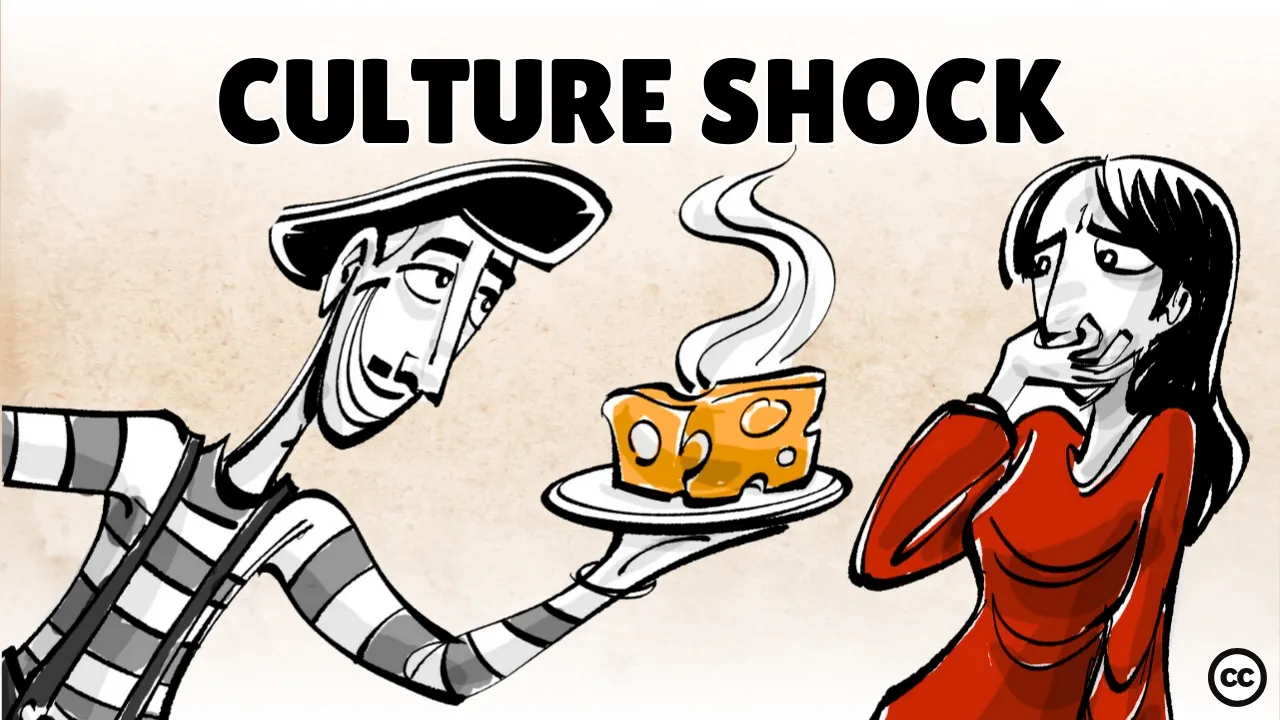
Moving to a new country or even a new town can be a transformative experience, filled with excitement and challenges. As we immerse ourselves in different cultures, we often navigate through various emotional stages. This blog post will explore the four stages of culture shock: Honeymoon, Frustration, Adjustment, and Adaptation. Each of these stages comes with its unique feelings and experiences, shaping our journey in a foreign land.
Introduction
When we study or move abroad, we often encounter a culture vastly different from our own. This transition typically unfolds in four distinct stages. Understanding these stages can help us manage the emotions and challenges that arise as we adapt to a new environment.
Honeymoon Bliss
The first stage, known as the Honeymoon Stage, is often characterized by excitement and fascination. Everything seems beautiful, from the friendly locals to the rich culture and intriguing customs. During this time, we feel optimistic and eager to explore the differences that make the new environment unique.
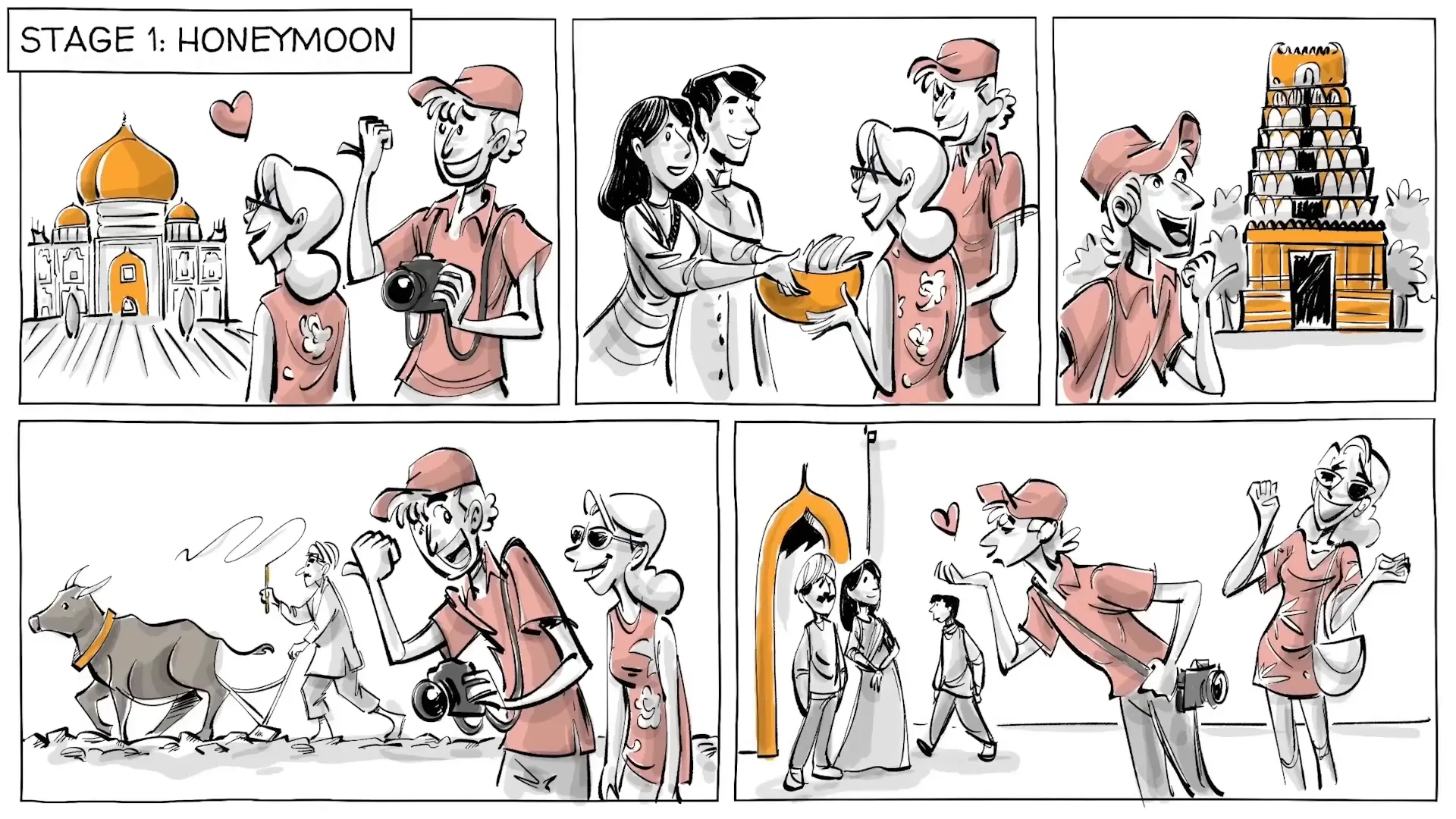
In this phase, we often idealize the new culture, viewing it through rose-colored glasses. The sights, sounds, and flavors all contribute to a sense of wonder. We are quick to identify similarities with our home culture and may find the quirks of the local lifestyle charming. However, this blissful state is usually temporary.
Frustration & Culture Shock
As the honeymoon phase fades, many individuals transition into the second stage: Frustration. Reality begins to set in, and we start to confront the barriers that make connecting with the local culture challenging. Social norms that were once intriguing may now feel overwhelming.
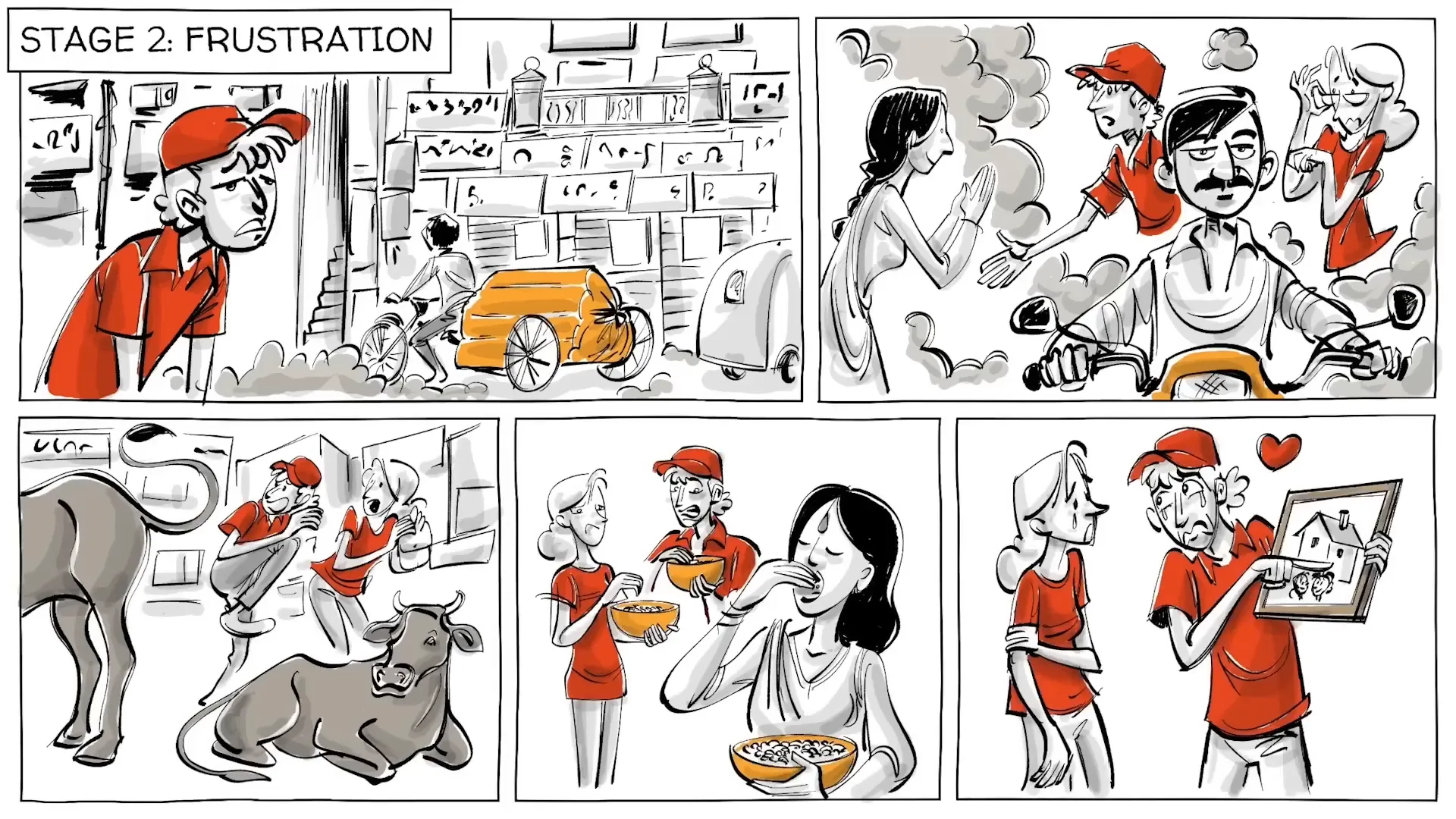
During this stage, feelings of homesickness can emerge. We may find ourselves rejecting local traditions and longing for the familiarity of home. Simple tasks can become frustrating challenges, leading to feelings of discontent. This stage is often marked by anxiety and confusion as we navigate our new surroundings.
Adjustment & Familiarity
Fortunately, the frustration stage does not last indefinitely. The third stage, Adjustment, brings a growing familiarity with the new way of life. We begin to understand local customs, acquire language skills, and make friends within the community.

During this phase, we start to feel more comfortable in our environment. While challenges may still arise, we are better equipped to handle them. This sense of adjustment is crucial for our overall well-being and helps build a foundation for deeper connections with the new culture.
Adaptation & Mastery
The final stage is Adaptation, sometimes referred to as the mastery stage. In this phase, we gain a sense of belonging within the new culture while still maintaining our own identity. We fully participate in local life, enjoying the richness it offers.
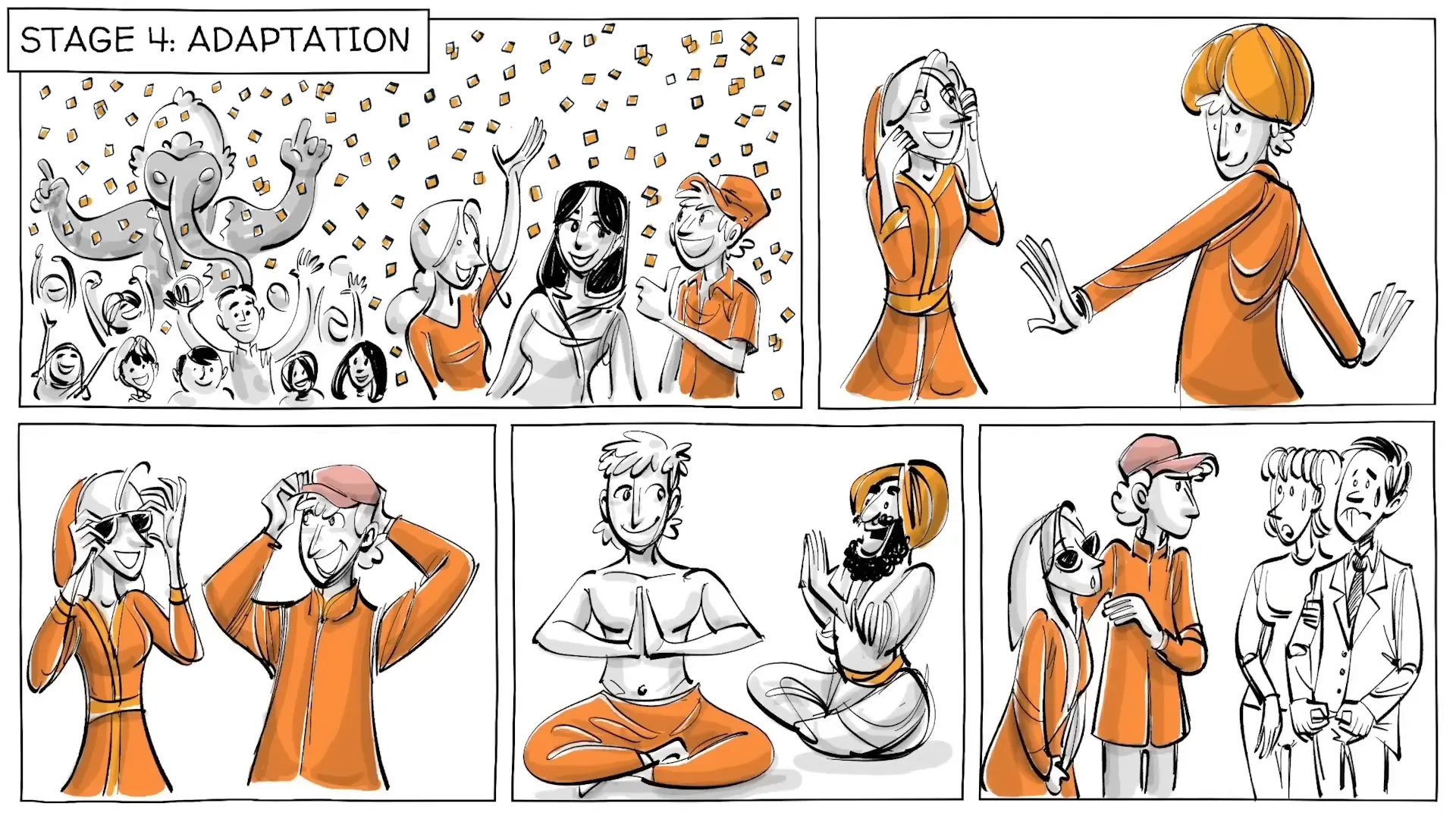
Many individuals find that they have successfully integrated into their new environment, feeling at home for the first time. However, it’s important to note that not everyone reaches this stage. Some may experience culture shock so intense that they leave before they can adjust.
The Paris Syndrome
One of the most extreme forms of culture shock is known as the Paris Syndrome. This phenomenon typically affects Japanese tourists who arrive in Paris with romanticized expectations. Upon encountering the city's harsh realities, such as perceived rudeness and uncleanliness, they often experience severe psychological distress.

Symptoms can include anxiety, hallucinations, and physical reactions like vomiting. This syndrome underscores the importance of managing expectations when entering a new culture. It serves as a reminder that the realities of a new environment may not always align with our fantasies.
Reverse Culture Shock
Returning home after living abroad can also bring its own challenges, known as reverse culture shock. After experiencing a new culture, we may find ourselves feeling estranged from our old way of life. The familiar may seem foreign, and we may struggle to reintegrate into our previous environment.

This stage can lead to feelings of alienation as we realize how much we have changed during our time away. The process of readjusting can be just as complex as the initial adjustment to a new culture.
Forced Transition
Some individuals may find themselves thrust into a new culture without any preparation, skipping the honeymoon stage altogether. This forced transition can lead directly to frustration. Without the right support systems in place, individuals may struggle to settle in and may remain in a state of frustration indefinitely.
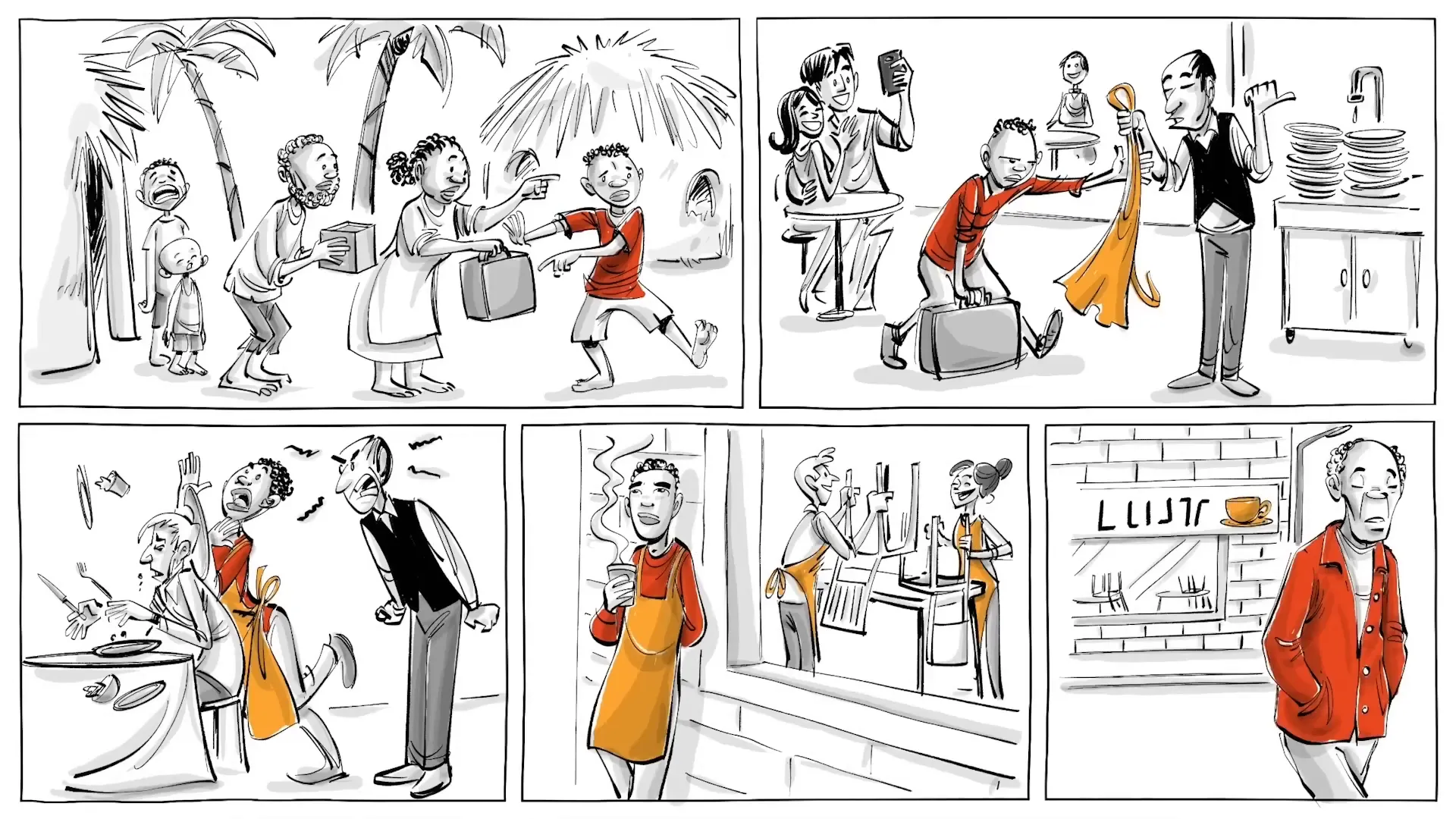
This highlights the importance of support during transitions, as those who are not adequately prepared may not have the tools necessary to navigate the emotional landscape of culture shock.
Preschool Anxiety
Interestingly, studies show that even toddlers can experience culture shock. For example, children sent to preschool without parental support often experience significant anxiety, hindering their ability to bond with teachers and peers. This can lead to increased absenteeism due to illness and a prolonged struggle to adapt.
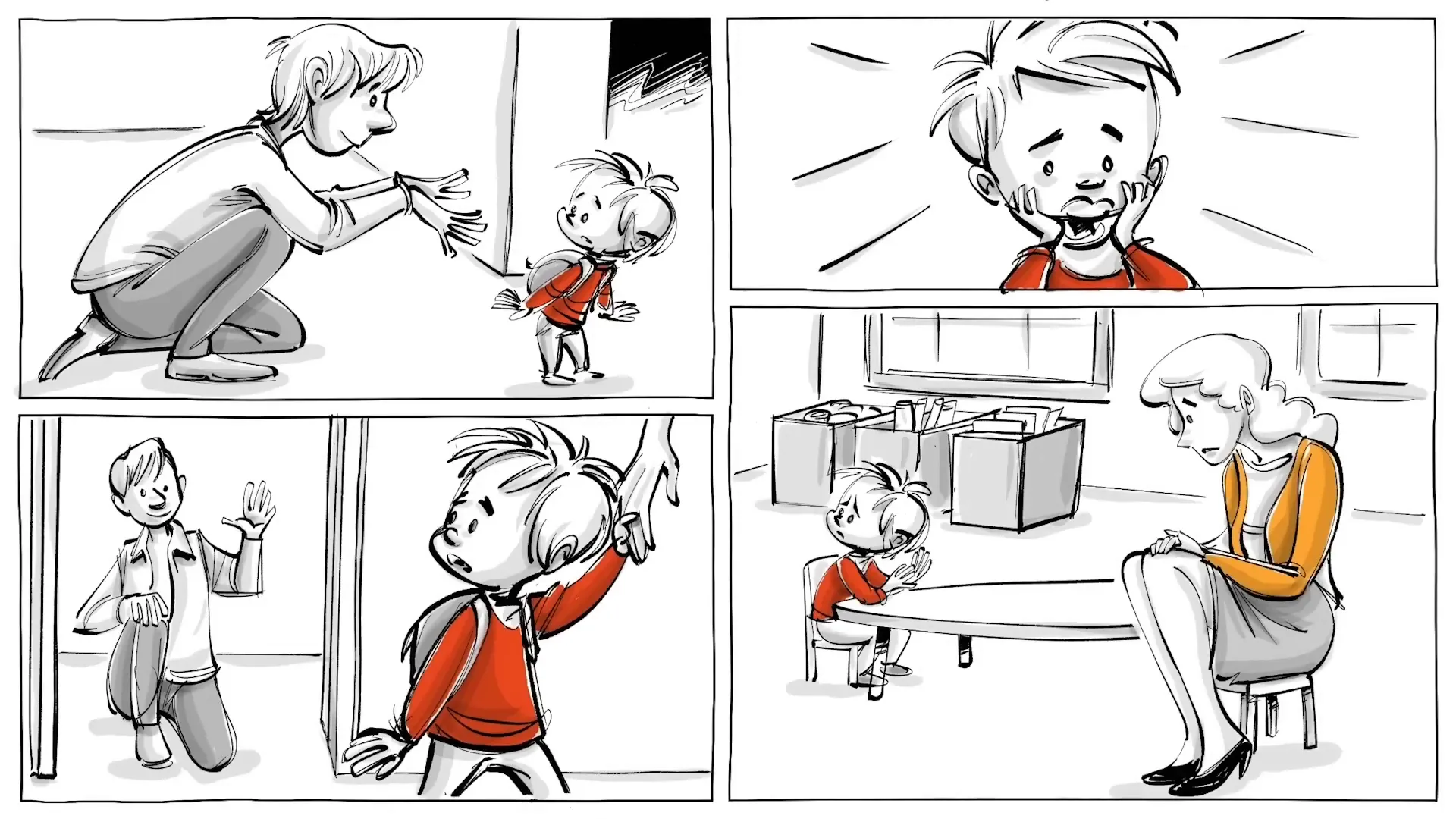
This underscores the importance of providing support during transitions, regardless of age. Good schools often encourage parents to stay with their children until they can acclimate, demonstrating the necessity of a supportive environment during times of change.
Lysgaard’s Research
The concept of culture shock was first researched by Sverre Lysgaard in the 1950s. His studies primarily involved Norwegians who spent time in the United States. Through interviews, he identified a clear pattern of emotional responses to cultural transitions.

Lysgaard’s research led to the development of the culture shock curve, which illustrates the stages of emotional responses over time. On average, the honeymoon stage lasts about two months, followed by six months of frustration before adjustment occurs, with adaptation often starting after nearly a year.
Your Travel Story
Have you ever traveled abroad or moved to a new country? If so, you may have experienced these four stages of culture shock. Sharing personal experiences can help others understand the emotional journey of adapting to a new culture.

Reflecting on your own journey can provide insight into how you navigated the complexities of culture shock. Whether you found yourself enamored with the new culture or struggling to adapt, your story can resonate with others facing similar challenges.
Conclusion
Understanding the stages of culture shock is vital for anyone embarking on a journey into a new culture. By recognizing the emotions associated with each stage, we can better prepare for the challenges and joys of cultural adaptation. Whether you’re in the honeymoon phase, experiencing frustration, adjusting, or fully adapted, each stage is a part of the incredible journey of cultural exploration.
This article was created from the video Culture Shock [The 4 Stages of Adaptation] with the help of AI. It was reviewed and edited by a human.